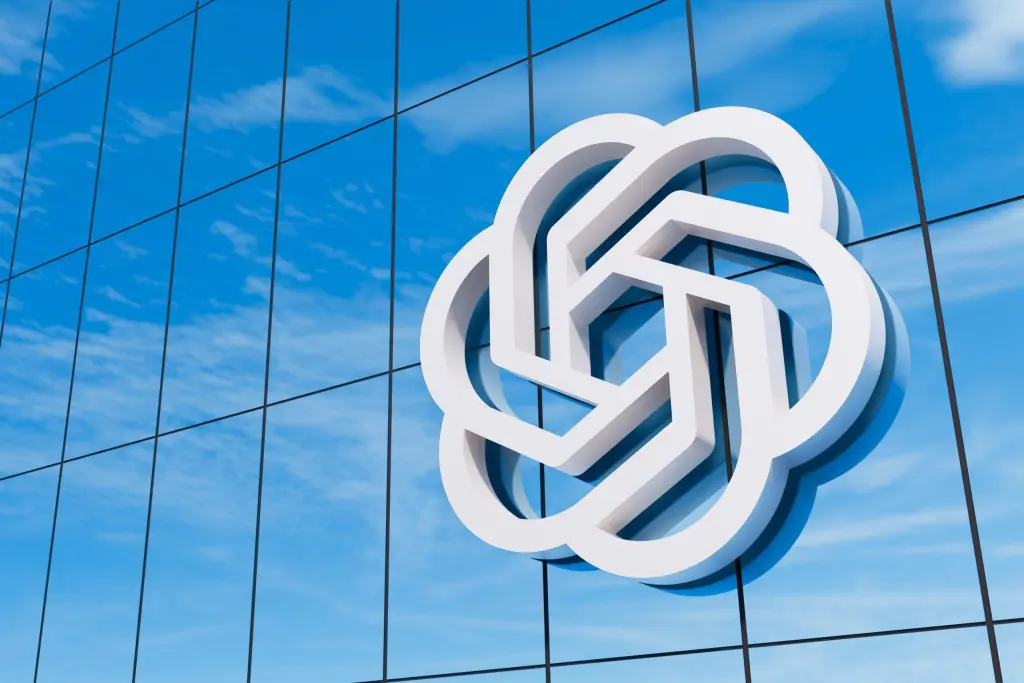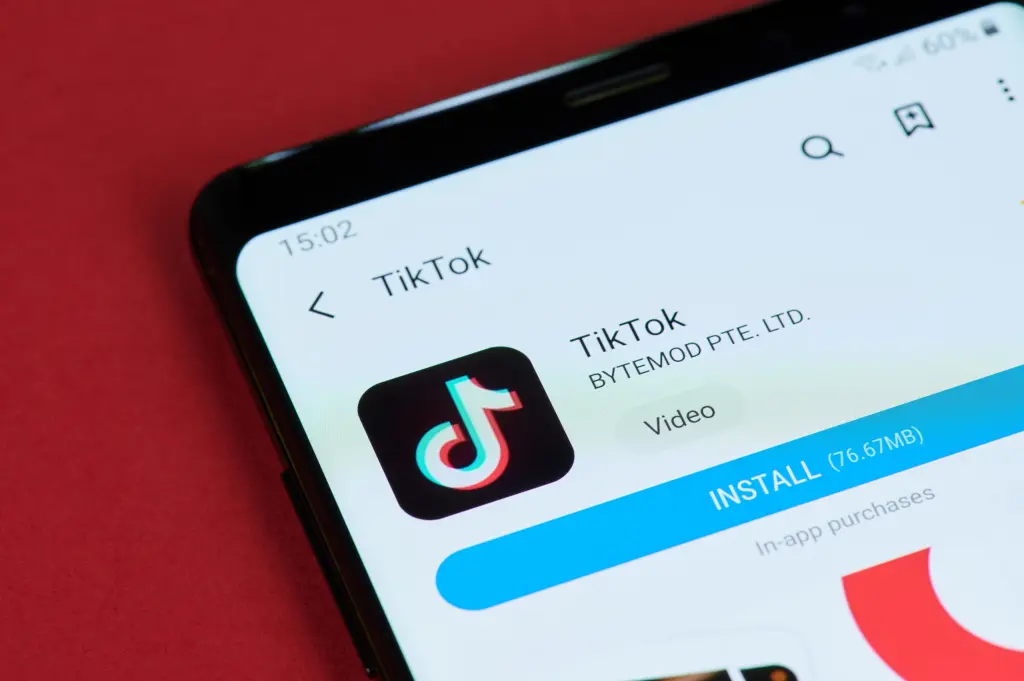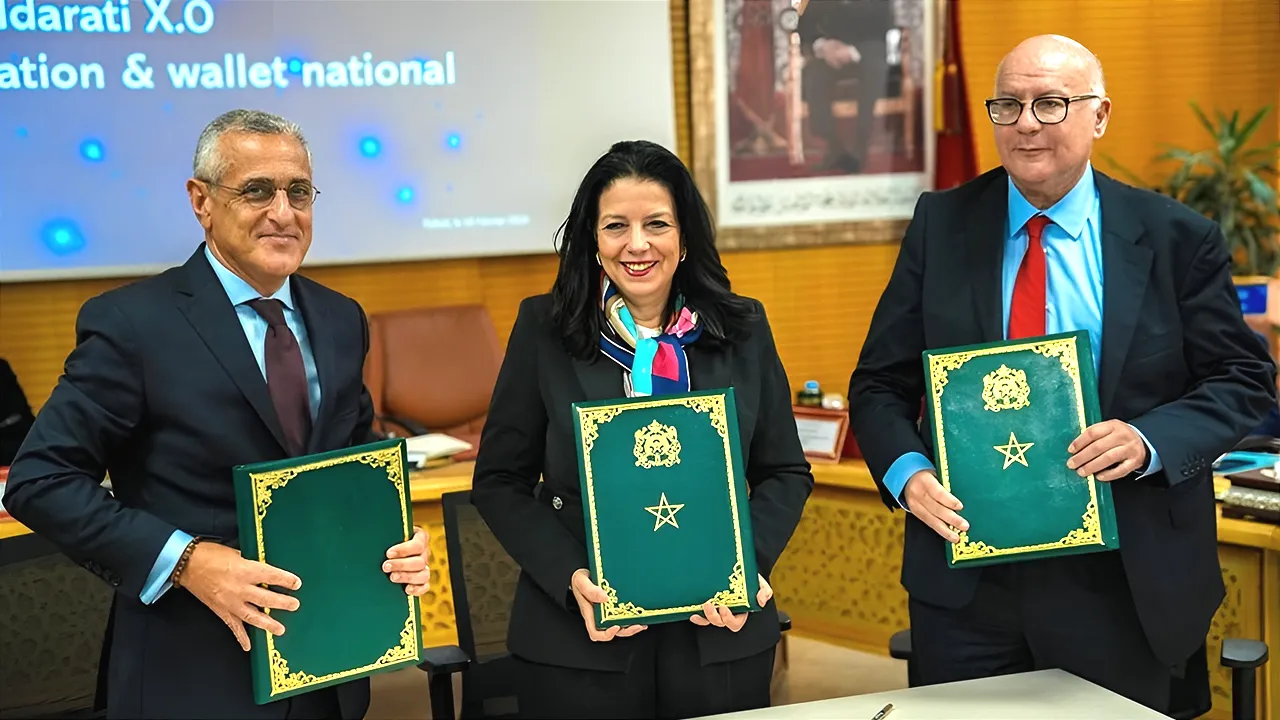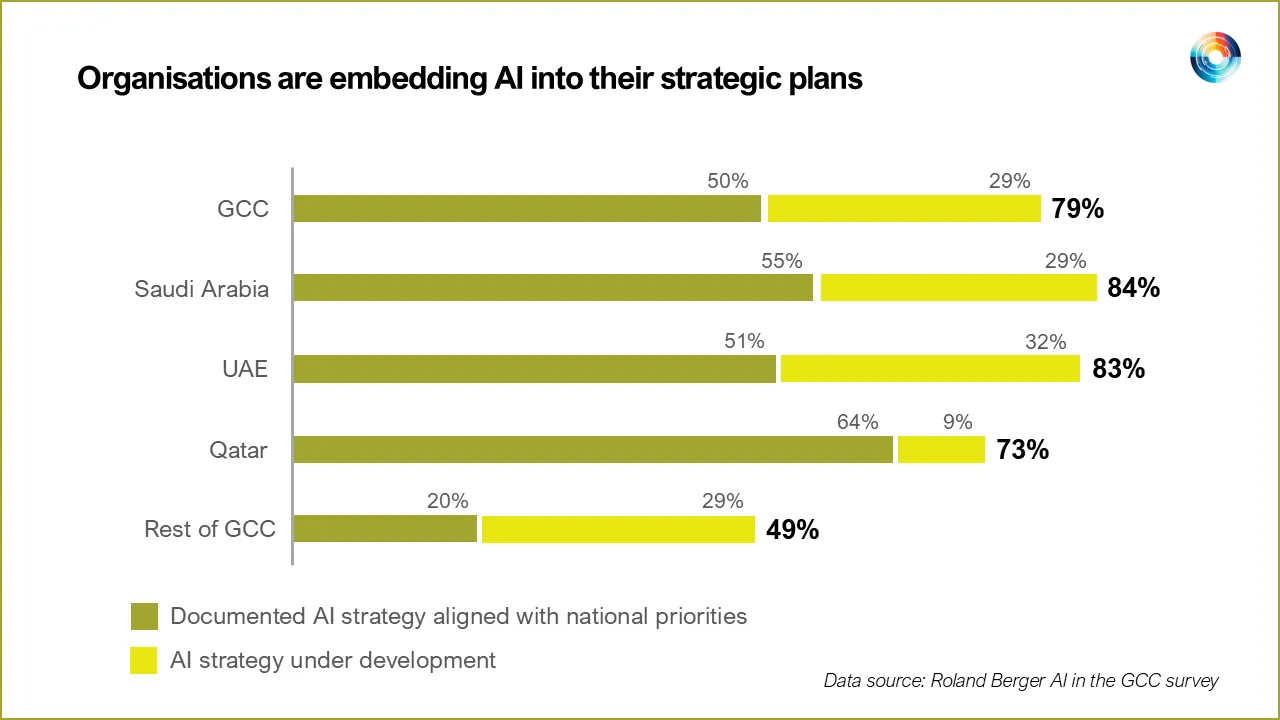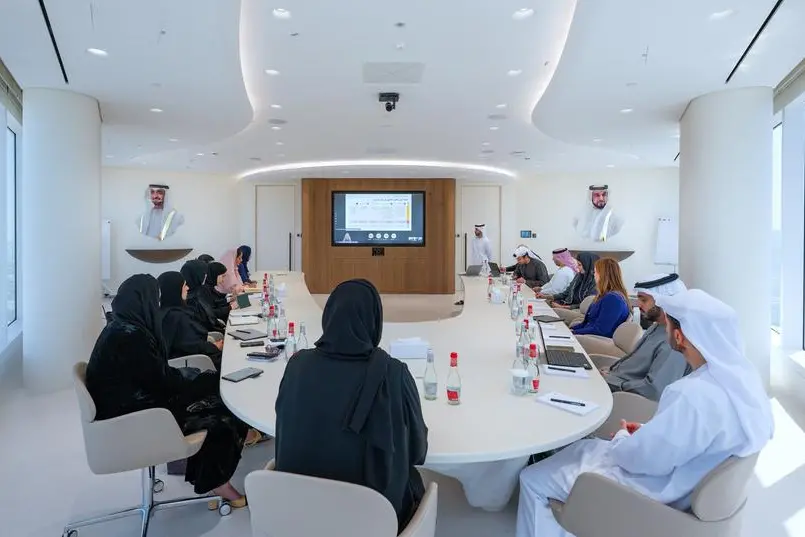OpenAI, the artificial intelligence giant behind ChatGPT, is reportedly exploring the development of its own consumer health applications. This move signals a significant push into a sector where tech behemoths like Google, Amazon, and Microsoft have historically struggled to gain a foothold, potentially reinventing the landscape for personal health technology.
According to sources close to the company, OpenAI is considering several opportunities, including the creation of a personal health assistant or a comprehensive health data aggregator. The company’s massive user base and recent strategic hires in the healthcare space have investors and industry leaders betting on its potential to succeed where others have failed.
Big Tech’s Graveyard of Health Records
The concept of a personal health record (PHR)—a single, patient-controlled repository for all medical data—has long been a holy grail for Big Tech. However, efforts to realize this vision have been largely unsuccessful.
Microsoft’s HealthVault, launched in 2007, was shut down in 2019 due to low user adoption, as it required patients to manually upload their own records. Similarly, Google’s health record project was discontinued in 2012. While Apple’s Health Records feature still exists on iPhones, its utility is limited by the need for individual hospitals to sign data-sharing agreements. The primary hurdles have consistently been data silos, patient privacy regulations, and the sheer friction involved in consolidating fragmented medical histories.
OpenAI’s Strategic Advantage
Industry experts believe OpenAI is uniquely positioned to overcome these historical challenges. The company’s ChatGPT platform already attracts approximately 800 million active users weekly, many of whom are already using the tool to ask medical questions.
“Consumers have historically gone to Google to ask their health questions, and it’s clear that they’re now starting to shift those questions over to LLMs to capture that knowledge base through a more conversational discovery process,” said Greg Yap, a partner at Menlo Ventures.
This existing user behavior provides a powerful foundation for launching dedicated health tools. Furthermore, OpenAI has bolstered its healthcare ambitions with key personnel, hiring Doximity cofounder Nate Gross to lead its healthcare strategy and former Instagram executive Ashley Alexander as its VP of health products.
Implications for the MENA Healthtech Ecosystem
OpenAI’s entry into consumer health could have a profound impact on the burgeoning MENA healthtech scene. For regional startups focused on AI-driven diagnostics, patient management, and wellness apps, OpenAI’s move presents both a formidable threat and a significant opportunity. As a competitor, its scale and advanced AI models could challenge local players.
However, it also validates the market and could spur innovation and investment across the region. MENA-based healthtech companies could position themselves as attractive partners for OpenAI, leveraging their localized expertise, regional data sets, and understanding of specific healthcare system nuances in countries like the UAE, Saudi Arabia, and Egypt. This could accelerate the adoption of advanced AI in a region that is rapidly digitizing its healthcare infrastructure.
A Potential Partnership-Led Strategy
Instead of attempting to build everything from the ground up, OpenAI may opt for a partnership-driven approach, similar to Apple’s HealthKit, which aggregates data from third-party apps and wearables. Nate Gross, OpenAI’s head of healthcare strategy, has indicated that a robust ecosystem of partners is key to achieving the greatest impact.
This could involve collaborating with data intermediaries that specialize in retrieving and standardizing patient records or partnering with consumer-facing companies in areas like lab testing. For startups, this approach could open doors to integration, allowing them to tap into OpenAI’s powerful AI capabilities and vast user base.
About OpenAI
OpenAI is an AI research and deployment company. Its mission is to ensure that artificial general intelligence (AGI)—AI systems that are generally smarter than humans—benefits all of humanity. The company is known for its pioneering work in large-scale AI models, including the GPT (Generative Pre-trained Transformer) series and the image generation model DALL-E.
Source: Business Insider






